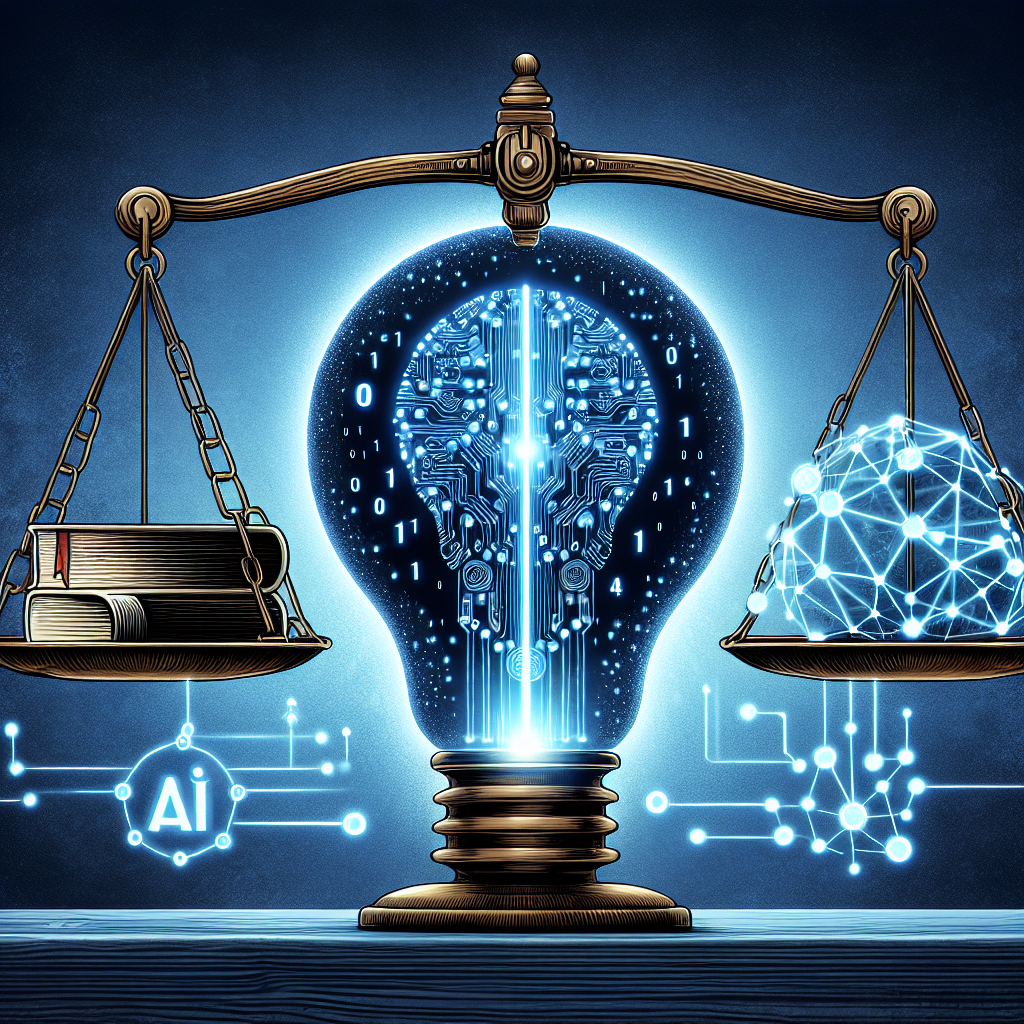The Impact of AI on Legal Outsourcing and Offshoring
In recent years, the legal industry has seen a significant shift towards outsourcing and offshoring as a way to reduce costs and increase efficiency. With the rise of artificial intelligence (AI) technology, the impact of AI on legal outsourcing and offshoring has become a topic of great interest and debate. In this article, we will explore the ways in which AI is transforming the legal outsourcing and offshoring industry and examine the benefits and challenges that come with its implementation.
What is AI and how is it being used in the legal industry?
AI refers to the simulation of human intelligence in machines that are programmed to think and learn like humans. In the legal industry, AI technology is being used to automate repetitive tasks, analyze data, and provide insights that can help lawyers make better decisions. Some of the common applications of AI in the legal industry include document review, contract analysis, legal research, and predictive analytics.
One of the key advantages of using AI in the legal industry is its ability to process large volumes of data quickly and accurately. This can help law firms and legal departments streamline their operations, reduce costs, and improve the quality of their work. AI technology can also help lawyers identify patterns and trends in data that may not be immediately apparent to the human eye, allowing them to make more informed decisions and provide better advice to their clients.
How is AI impacting legal outsourcing and offshoring?
The rise of AI technology has had a significant impact on the legal outsourcing and offshoring industry. As more law firms and legal departments look to outsource non-core legal tasks to third-party service providers, AI technology has become an essential tool for improving efficiency and reducing costs. By automating repetitive tasks such as document review and contract analysis, AI technology can help legal outsourcing providers deliver faster and more accurate results to their clients.
AI technology is also changing the way legal outsourcing and offshoring providers operate. With the help of AI-powered tools and platforms, these providers can now offer a wider range of services to their clients, including predictive analytics, legal research, and data analysis. This allows them to provide more value to their clients and take on more complex and high-value projects.
What are the benefits of using AI in legal outsourcing and offshoring?
There are several benefits to using AI technology in legal outsourcing and offshoring. Some of the key advantages include:
1. Improved efficiency: AI technology can help legal outsourcing providers automate repetitive tasks and streamline their operations, allowing them to deliver faster and more accurate results to their clients.
2. Cost savings: By automating tasks that would otherwise require hours of manual labor, AI technology can help legal outsourcing providers reduce their costs and pass on those savings to their clients.
3. Enhanced quality: AI technology can help legal outsourcing providers improve the quality of their work by providing insights and analysis that may not be immediately apparent to the human eye.
4. Increased competitiveness: As more law firms and legal departments look to outsource non-core legal tasks, AI technology can help legal outsourcing providers differentiate themselves from their competitors and attract more clients.
What are the challenges of using AI in legal outsourcing and offshoring?
While AI technology offers many benefits to the legal outsourcing and offshoring industry, there are also some challenges that come with its implementation. Some of the key challenges include:
1. Data privacy and security: AI technology relies on large volumes of data to operate effectively, which can raise concerns about data privacy and security. Legal outsourcing providers must ensure that they have robust data protection measures in place to safeguard their clients’ confidential information.
2. Integration with existing systems: Implementing AI technology can be a complex and time-consuming process, especially for legal outsourcing providers that already have established workflows and systems in place. Providers must carefully plan and execute their AI implementation to ensure a smooth transition.
3. Skills gap: AI technology requires specialized skills and expertise to operate effectively, which may be lacking in the legal outsourcing and offshoring industry. Providers must invest in training and development programs to ensure that their staff are equipped with the necessary skills to work with AI technology.
4. Regulatory compliance: The legal industry is highly regulated, and legal outsourcing providers must ensure that they comply with all relevant laws and regulations when using AI technology. Providers must stay up to date on changing regulations and adapt their practices accordingly.
FAQs
Q: How can AI technology help legal outsourcing providers improve efficiency?
A: AI technology can help legal outsourcing providers automate repetitive tasks, streamline their operations, and deliver faster and more accurate results to their clients.
Q: What are some of the common applications of AI in the legal industry?
A: Some of the common applications of AI in the legal industry include document review, contract analysis, legal research, and predictive analytics.
Q: What are the benefits of using AI in legal outsourcing and offshoring?
A: Some of the key benefits of using AI in legal outsourcing and offshoring include improved efficiency, cost savings, enhanced quality, and increased competitiveness.
Q: What are some of the challenges of using AI in legal outsourcing and offshoring?
A: Some of the key challenges of using AI in legal outsourcing and offshoring include data privacy and security concerns, integration with existing systems, skills gap, and regulatory compliance issues.
In conclusion, AI technology is transforming the legal outsourcing and offshoring industry by improving efficiency, reducing costs, and enhancing the quality of work. While there are challenges to overcome, the benefits of using AI in legal outsourcing and offshoring far outweigh the risks. As the legal industry continues to evolve, AI technology will play an increasingly important role in helping legal outsourcing providers stay competitive and deliver value to their clients.

